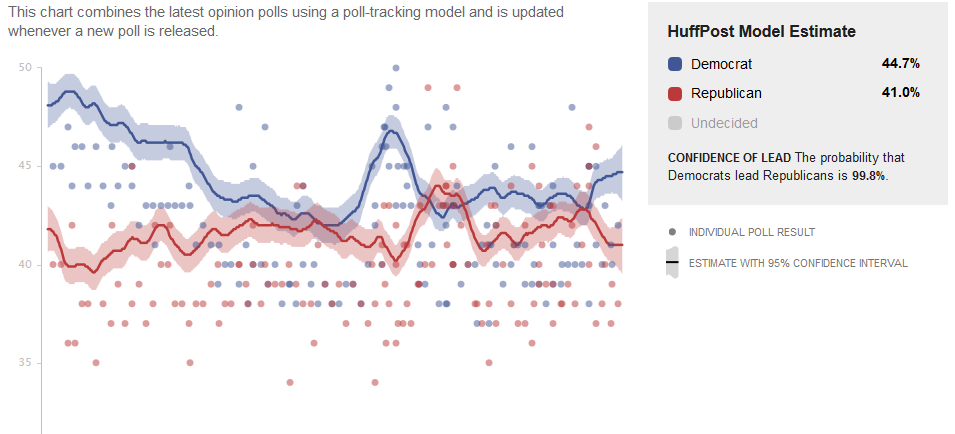New whistleblower testimony and internal documents implicate an award-winning VA hospital in Texas in widespread wrongdoing—and what appears to be systemic fraud.
Emails and VA memos obtained exclusively by The Daily Beast provide what is among the most comprehensive accounts yet of how high-level VA hospital employees conspired to game the system. It shows not only how they manipulated hospital wait lists but why—to cover up the weeks and months veterans spent waiting for needed medical care. If those lag times had been revealed, it would have threatened the executives’ bonus pay.
What’s worse, the documents show the wrongdoing going unpunished for years, even after it was repeatedly reported to local and national VA authorities. That indicates a new troubling angle to the VA scandal: that the much touted investigations may be incapable of finding violations that are hiding in plain sight.
“For lack of a better term, you’ve got an organized crime syndicate,” a whistleblower who works in the Texas VA told The Daily Beast. “People up on top are suddenly afraid they may actually be prosecuted and they’re pressuring the little guys down below to cover it all up.”
...
In Cheyenne, Wyoming, Chicago, and Albuquerque, more VA whistleblowers came forward claiming that the same fraudulent scheduling was being used in the hospitals where they worked. At last count, the VA inspector general’s investigation had expanded to 26 separate facilities.
...
“If [VA] directors report low numbers, they’re the outlier. They won’t stay a director very long and they certainly won’t get promoted. No one is getting rewarded for honesty. They pretty much have to lie, if they don’t they won’t go anywhere,” the whistleblower added. Weighted more heavily than other performance measures, the wait time numbers alone “count for 50% of the executive career field bonus, which is a pretty powerful motivator.”
Though VA hospitals may be struggling with increasing patient loads and inadequate resources—including too few medical providers—they are punished for acknowledging those problems. The VA’s current system appears to reward executives’ accounting tricks that mask deep structural issues and impede real solutions.
...
After the warning from Harper and questions about scheduling from several other doctors, including Spann, the final comment in the thread concerns Dr. Vincent. The message reads: “It doesn’t help if you insist on a date that doesn’t meet their 30-day criteria. Vincent just cancels the order. End of story. ”
In other words: it never mattered what was entered to show the “desired date” requested by the patient or the medical provider treating them. Despite Harper’s protestations, if the entry didn’t help meet the VA’s performance objectives it never made it into the system.
Nevertheless, the VA recently cleared Vincent of wrongdoing and, while acknowledging scheduling malpractice, blamed it on mistakes made by lower-level clerks.
On the ultrasound request form, Dr. Vincent writes that he canceled the order because it was “entered in error.” But that would have come as news to the medical provider who actually interacted with the veteran and entered the date based on their evaluation of the patient’s needs. The real reason for canceling it, according to both Dr. Spann and the whistleblower who spoke with The Daily Beast, was to meet the VA’s performance objectives—whatever the cost.
Meeting the performance objectives, which made executives eligible for bonuses and put them in line for promotions, became the overriding imperative among VA executives, according to both Spann and the whistleblower.
The VA’s 2012 performance plan, provided to The Daily Beast by the whistleblower, contains five critical elements to evaluate success, each one containing multiple sub-criteria. But critical element No. 5, the “Results Driven” component that contains the “wait time” criteria, is worth 50% of the overall score. That’s as much as all the other elements combined.
And scoring high on the performance measures is of paramount consideration in a VA hospital. “This is what your bosses, the executives, are being evaluated for,” the whistleblower said. “So if you work for them you must support this because that’s how they’re prioritizing their evaluation of your job.”
The VA’s performance measures were originally established to provide uniform criteria for evaluating employees. The idea was to use the grading system to reward those who met the standard with bonuses and identify those who were lagging behind. But over time, VA executives realized that the wait time numbers they reported were almost more important than anything else—including the actual care they provided veterans—in how they were judged by the VA’s leadership. At that point the measures became a perverse incentive, encouraging VA facilities across the country to hide problems by cheating their numbers. Eventually, cooking the books became an alarmingly regular procedure—a standard that might have remained if it hadn’t been exposed in Phoenix and unraveled over the past month.

